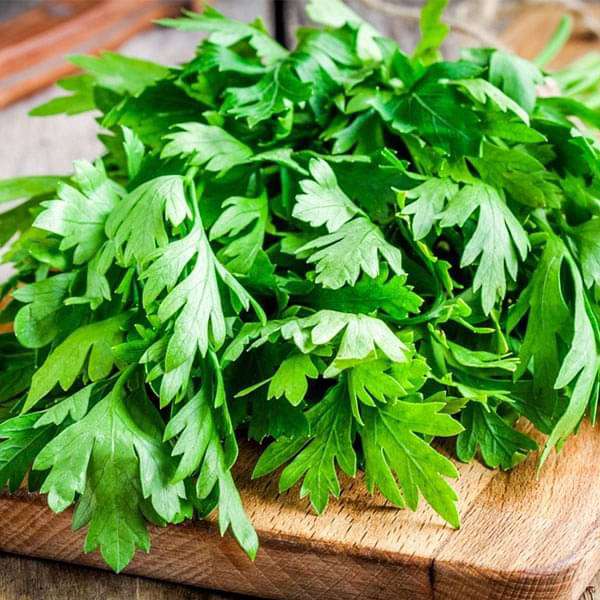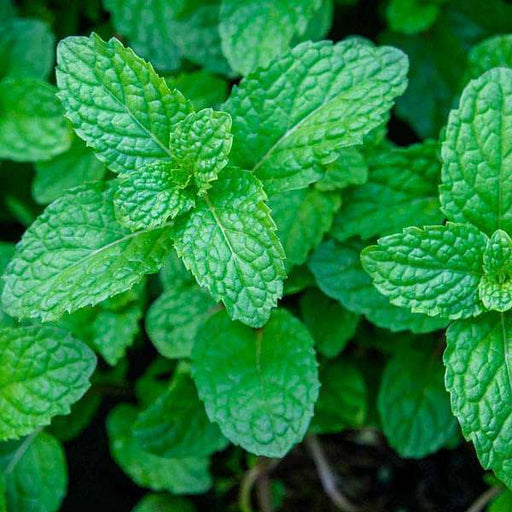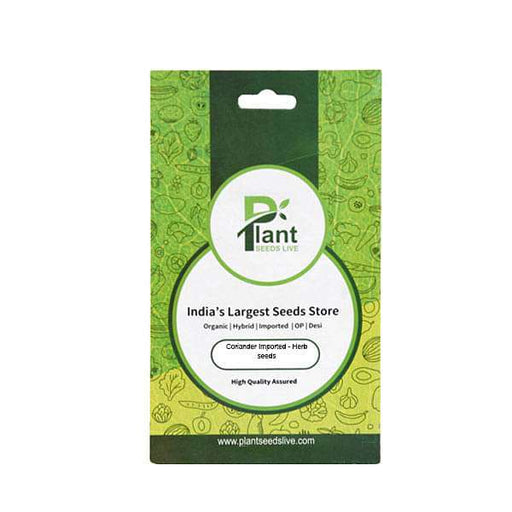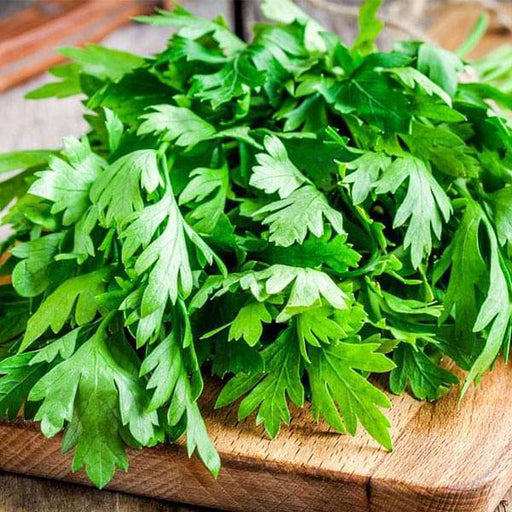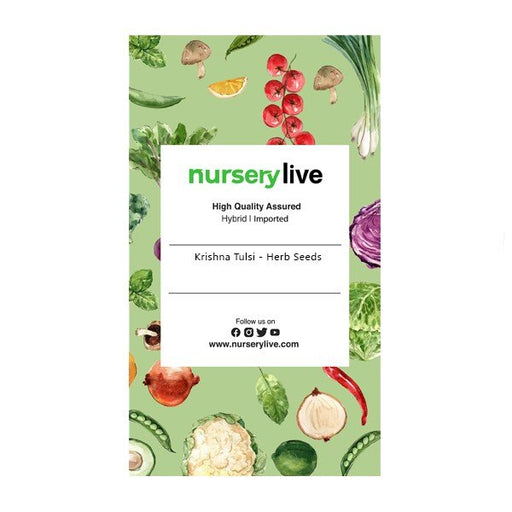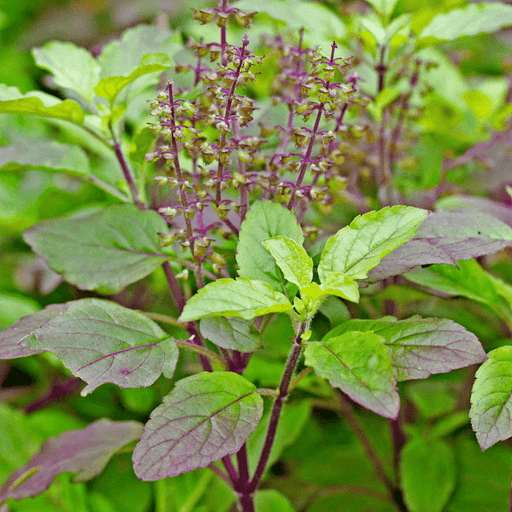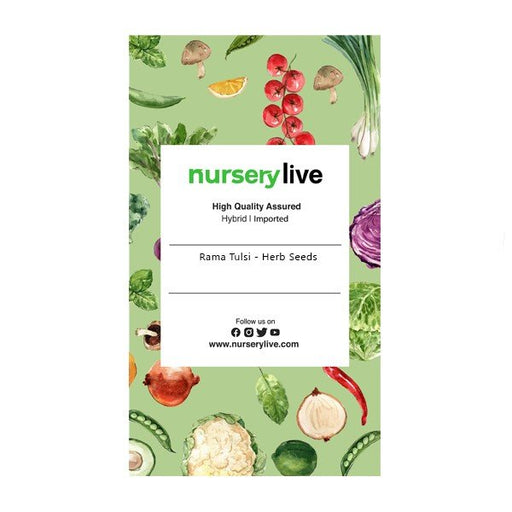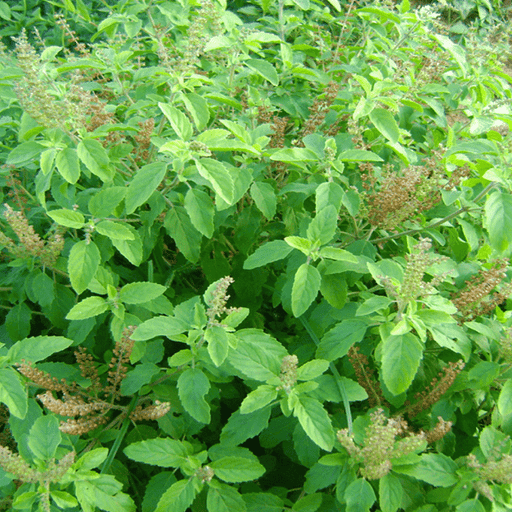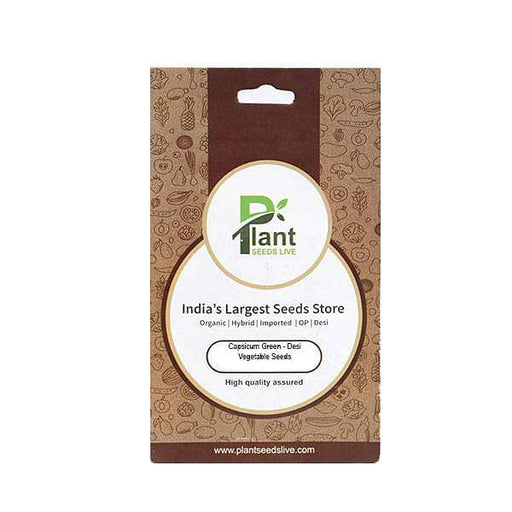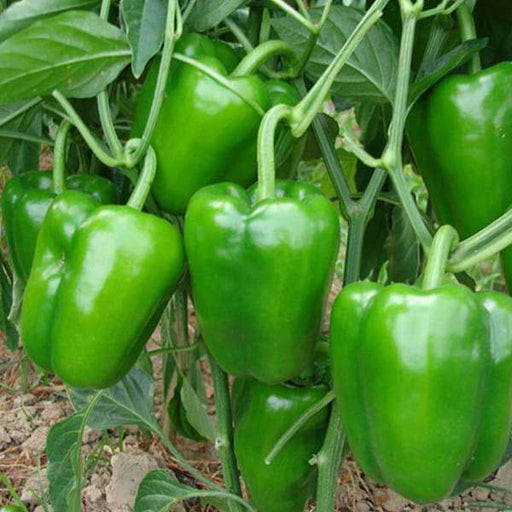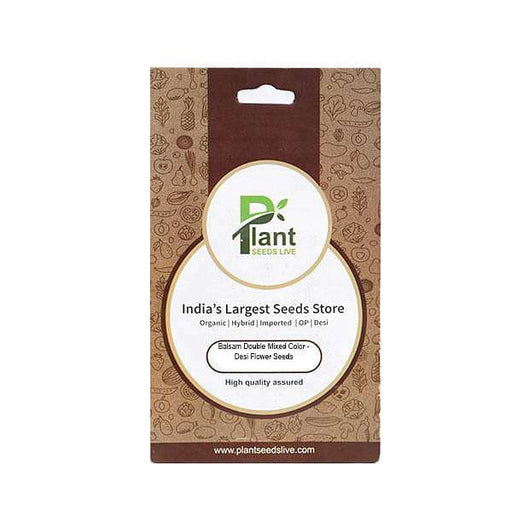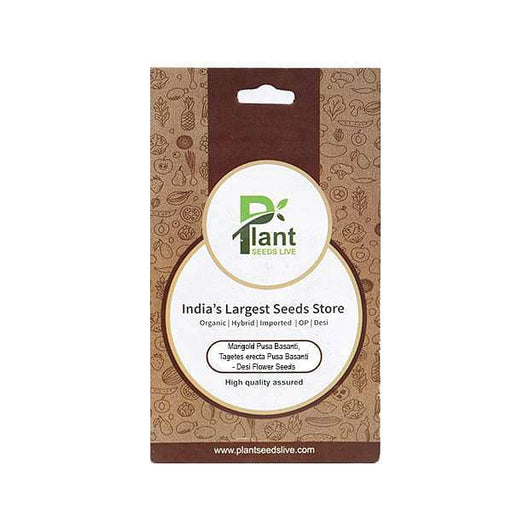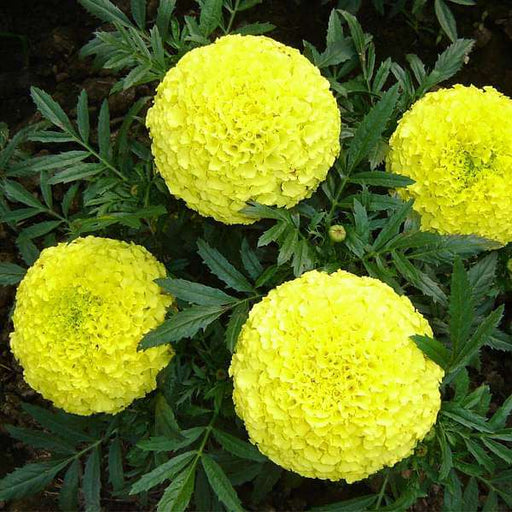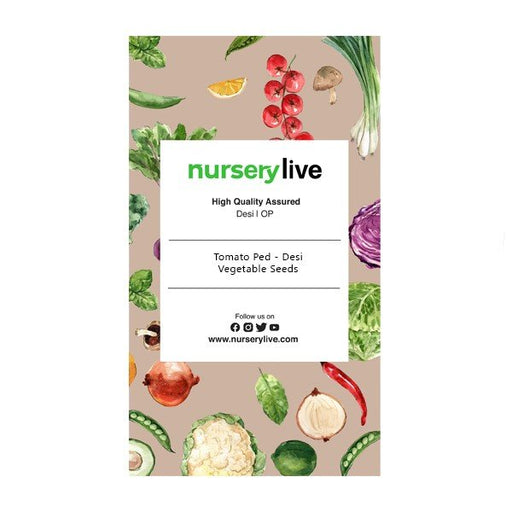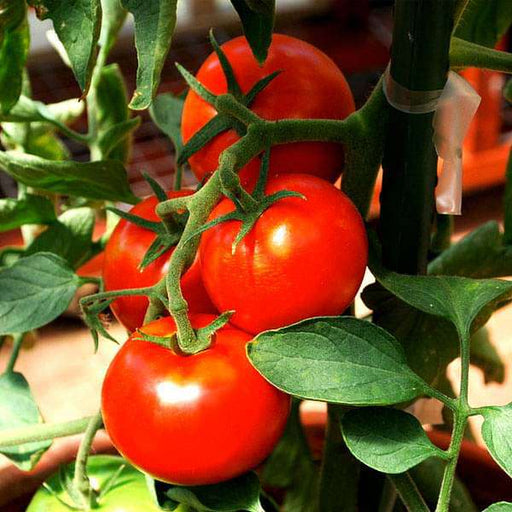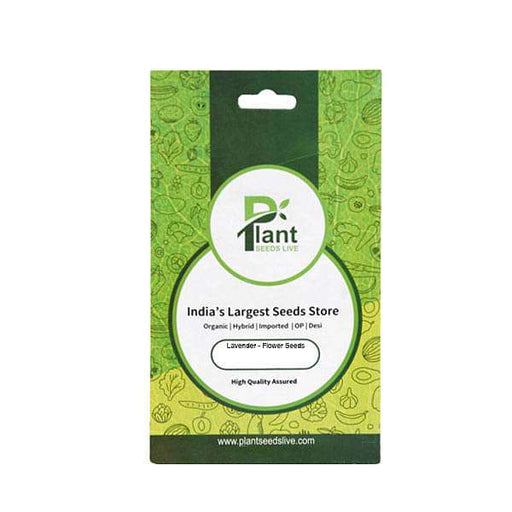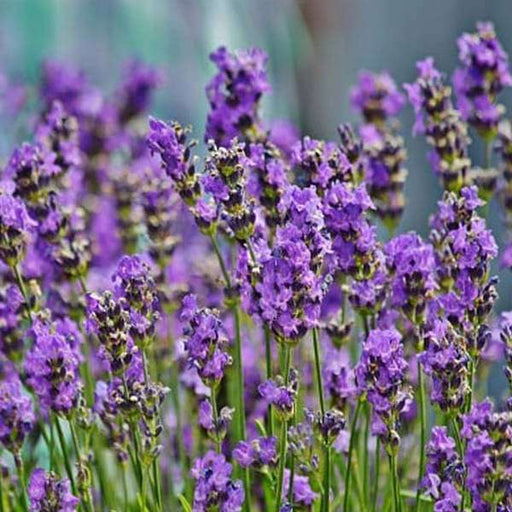Herb Seeds to Sow in All Seasons Basil Year-Round Delight
Whether it’s summer pesto or winter soups, basil grows happily indoors or out. With a little sunlight and love, this fragrant herb keeps your kitchen stocked with fresh, aromatic leaves all year long.
Herb Seeds to Sow in All Seasons Cilantro Evergreen Flavor
This fresh, citrusy herb thrives in cool and warm seasons alike. Perfect for garnishing tacos, curries, and chutneys, cilantro ensures that no dish is ever dull, no matter the time of year.
Herb Seeds to Sow in All Seasons Mint Perennial Freshness
Mint is practically invincible, growing in every season with minimal effort. Whether for summer mojitos or winter teas, its cooling, refreshing leaves are always in season, making it a must-have garden staple.
Herb Seeds to Sow in All Seasons Thyme Timeless Elegance
Hardy and resilient, thyme laughs in the face of seasonal changes. Whether sprinkled over roasted potatoes, infused in stews, or used in herbal teas, it’s a year-round kitchen hero.
Herb Seeds to Sow in All Seasons Oregano Mediterranean Marvel
From summer pastas to winter casseroles, oregano is a flavor powerhouse that grows effortlessly in every season. Its peppery bite elevates pizzas, sauces, and grilled dishes no matter the weather.
Herb Seeds to Sow in All Seasons Rosemary Evergreen Aroma
This woody herb thrives in all seasons, bringing its deep, piney fragrance to roasted dishes and infused oils. Perfect for indoor or outdoor gardening, it’s a gift that keeps on giving.
Herb Seeds to Sow in All Seasons Parsley Fresh All Year
Whether curly or flat-leaf, parsley grows like a champ through every season. Loaded with vitamins, it’s the ultimate fresh garnish for soups, salads, and even detox smoothies.
Herb Seeds to Sow in All Seasons Chives Oniony Goodness
With their mild, onion-like flavor, chives thrive in any season. Whether snipped over eggs, tossed into dips, or mixed into butter, they keep dishes zesty and gardens looking lively.
Herb Seeds to Sow in All Seasons Dill Delicate & Delicious
Dill doesn’t mind temperature changes, making it a perfect year-round herb. Its feathery leaves bring a burst of flavor to seafood, pickles, and creamy dressings, keeping meals vibrant.
Herb Seeds to Sow in All Seasons Sage Savory Goodness
This robust herb thrives in warm and cool seasons, adding a rich, earthy flavor to roasts and butter sauces. It’s also a natural air purifier, making it as useful in the home as in the kitchen.
Herb Seeds to Sow in All Seasons Fennel Fragrant Wonder
With its crisp texture and mild licorice taste, fennel is a garden and culinary star in every season. Whether used in salads, teas, or roasted dishes, it brings freshness year-round.
Herb Seeds to Sow in All Seasons Lemon Balm Zesty Bliss
This citrus-scented herb grows happily no matter the time of year, making it perfect for teas, desserts, and calming remedies. Its refreshing fragrance keeps your garden and home smelling delightful.

